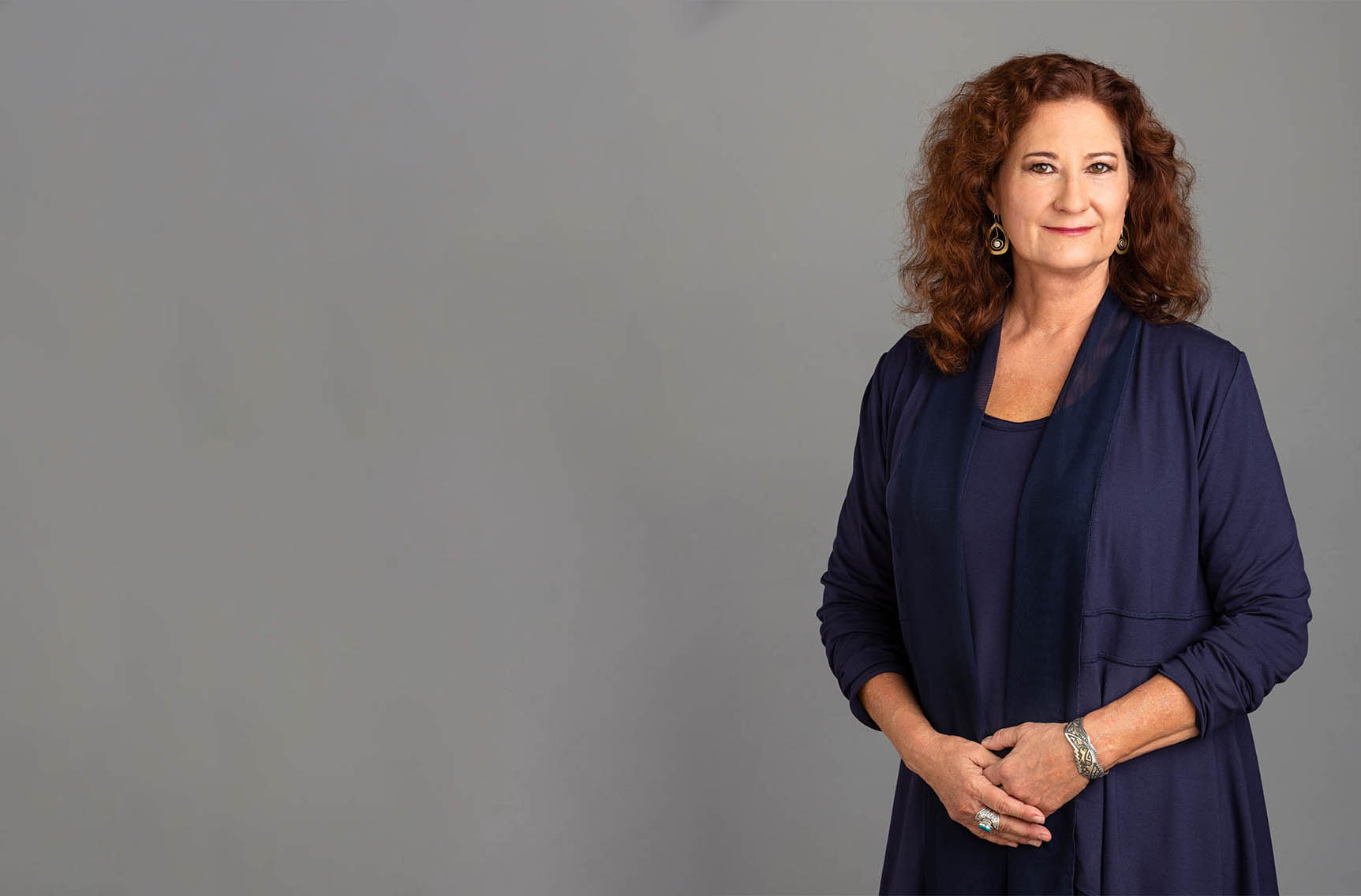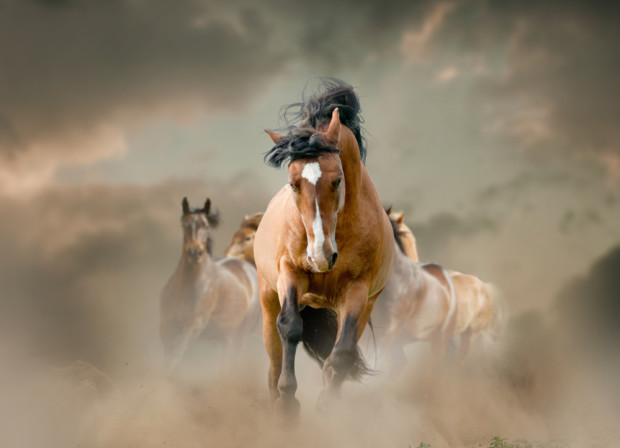

Online courses now available!
Socially Intelligent Leadership
We live in an era of rapid change and unprecedented freedom, freedom to fly around the planet for business or pleasure and freedom to work at home in lucrative and meaningful ways. “Business as usual” now means adjusting to constantly changing markets and capitalizing on innovations emerging at breakneck speed. Beyond the technological expertise involved in many fields, people also need leadership and interpersonal skills to attract, manage, and motivate large groups of creative, empowered people.
Conflicts and power struggles between professionals are common — and waste incredible amounts of time and money. “The freedom we now have requires that people develop more sophisticated leadership skills to excel, not only in corporations and small businesses, but also in social service, educational, religious, familial, community-based, and political settings,” says Linda Kohanov, who developed of the Five Roles of a Master Herder, a revolutionary model for socially intelligent leadership, and the topic of her fifth book, which is already being translated into multiple languages.
The Challenge
Research shows that aggressive or inept managers are particularly destructive to the bottom line. A Gallup poll of more than a million US workers revealed that the Number 1 reason people quit their jobs is a bad boss or immediate supervisor. Gallup also determined that poorly managed workers are 50 percent less productive and 44 percent less profitable than well-managed groups.
“High employee turnover is a huge expense, of course,” Linda says, “but the implications have become even more serious in the last 20 years. If you alienate intelligent and talented employees, the ones who can really help your company shine, they might do something more infuriating than just quit, they might become your competition. In the 21st century, anyone with a great idea can raise money online, order supplies delivered to the door, and conceive a multi-million dollar corporation in the corner of a basement or a garage.”
Five Roles
For more than a decade, Linda studied the history of leadership in multiple cultures, culminating in her highly regarded 2013 book, The Power of the Herd. She also looked at behavior patterns in large, powerful social animals like horses and saw parallels in human behavior, concluding that many dysfunctional interactions are instinctual, not personal. Along the way, she found solutions in an unexpected place:
“Over thousands of years, nomadic pastoralists — tribes that move with large, unrestrained animals — developed a multi-faceted, socially intelligent form of leadership combining five roles,” she explains. “In learning to use these roles interchangeably, rather than specializing in one or two, herding cultures became fluent in when and how to use each of them to greatest effect. In understanding the differences between the Dominant, Leader, Nurturer/Companion, Sentinel, and Predator roles, ‘master herders’ were able to capture the unique power of each. In the process, they created a fluid vocabulary of interventions that allowed interspecies communities to move across vast landscapes. These people had to deal with predators and changing climates, protecting and nurturing the herd while keeping these massive, gregarious, sometimes aggressive animals together — without the benefit of fences and with very little reliance on restraints.”
The Five Roles of a Master Herder model grew out of that research, necessitating the writing of a book specifically on how to adapt this ancient, nature-based wisdom to the modern human world. Over the last four years, Linda and her colleagues have perfected this model, bringing it to corporations, entrepreneurs, executive MBA programs, public schools, banks, social service agencies and other organizations on six continents. (See the Recommended Instructor page for a list of instructors in multiple countries.)
“Learning to share power is the challenge of the 21st century,” Linda emphasizes. “But we don’t have to reinvent the wheel, as it turns out. If we adopt the social intelligence and leadership skills pioneered by our nomadic cousins, while still valuing the technological innovations that could only have been perfected in a sedentary context, we will combine best of both worlds. Balancing the Five Roles of a Master Herder can help modern tribes of empowered, mobile, innovative, and adaptable people to support each other through the inevitable droughts and doubts of life as we move ever more faithfully and confidently toward the greener pastures of humanity’s own untapped potential.”


